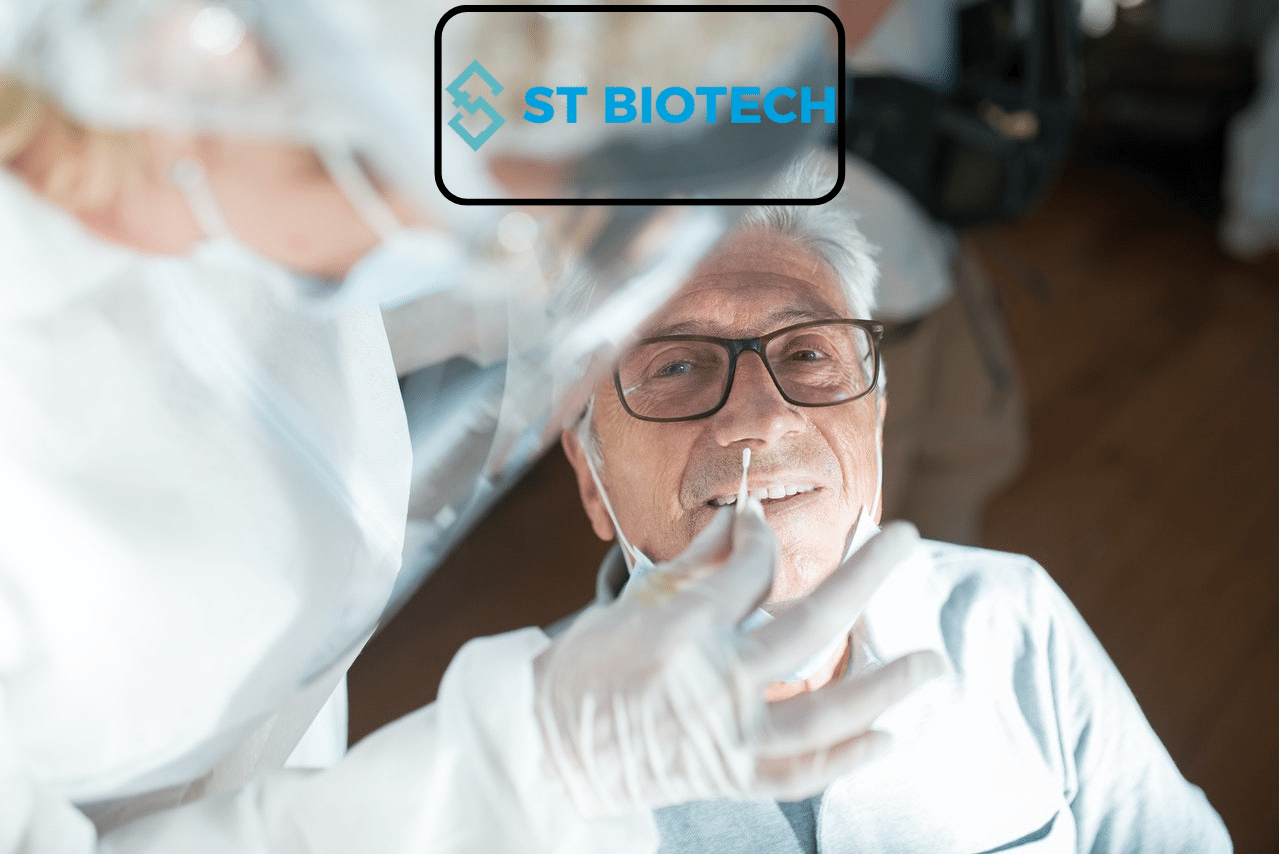For short alleviation of minor mouth discomfort and irritation, use Glycerin Swabsticks. In order to stimulate taste buds, the swabs are flavored with lemon. They are also wrapped in foil to keep the oral swabs from drying out until they are ready to be used.
They are produced with 100% cotton tips and white polypropylene stick handles for long-lasting durability. The mouth is moistened by the swab, which aids in the loosening of sticky mucus buildup, food debris, and saliva. The taste of lemon increases saliva production, which in turn aids in the maintenance of good dental hygiene.
Concerns about the use of glycerine swab sticks
For a long time, glycerine swabs were used to encourage salivation. However, because of the acidity of the lemon, it was discovered that they caused irritation and enamel decalcification in some people. The combination of these elements results in recurrent dry mouth, which defeats the purpose of using the medication in the first place.
They were also ineffective in preventing dry lips, possibly due to their drying effect. Consequently, the Health Care Corporation of St. Johns nurse mouth care policy recommended that lemon glycerine swabs be discontinued for oral care due to the adverse effects. According to the available research evidence, individuals who suffer from dry mouth should not use a lemon glycerine swab stick.
How do Glycerin Swabs work?
Patients who suffer from dry mouth can benefit from using lemon glycerine swabs. The glycerine contained in the swabs is responsible for stimulating the production of saliva. It is believed that glycerine, which can be found in many household objects, draws moisture to the surface of the skin, or in this case, the inside of the mouth.
Apart from glycerine, the lemon flavoring in the swab stimulates the taste buds, which in turn assists in the creation of saliva and digestion. The lemon flavoring is suspected to be one of the factors contributing to the drying, which is exacerbated by the usage of the swabs.
Additionally, glycerine swabs with flavor are effective in alleviating dry mouth in patients. Apart from glycerine, the lemon flavoring in the swab stimulates the taste buds, which in turn assists in the creation of saliva and digestion.
What are the Conditions Benefiting From Glycerin Swabs?
Disabled patients who benefit from using lemon glycerine swabs include those who have difficulty swallowing when on oxygen, ventilator or anesthesia, those who are recovering from surgery or chemotherapy, and those who have dry mouth caused by any other medication or medication side effects.
Although the usage of the glycerine swabs may be beneficial to the patients, it is not recommended that they be used on a long-term basis. To the best of their knowledge, the American Dental Hygienists’ Association has not found any evidence that the use of glycerine swabs results in the decalcification of a patient’s teeth.
Smart features of Glycerin mouth swabs
Glycerin Swabsticks that has been pre-moistened.
It is meant to provide short relief from slight pain and irritation of the mouth by using Lemon Glycerin Swabsticks. The oral swabs are flavored with lemon to provide a pleasant taste and stimulate the taste buds. The swabsticks are also packed in foil to prevent moisture from escaping from the oral swabs until they are used.
Aids in the stimulation of salivary flow in the case of dry mouth.
The oral swabs, which are intended to give oral lubrication to stimulate the saliva glands, provide refreshment and relief for patients with restricted oral intake. People with dry lips, patients with oxygen or fluid limitations, and patients who require routine oral care will benefit from this treatment. These swabs are individually packaged and can be simply disposed of after usage, making them ideal for single-patient use only.
Saliva samples are collected from patients using this device.
Patients’ saliva samples are collected using glycerin swab sticks at hospitals and clinics to aid in the diagnosis of various diseases. The oral swabs can also be used to relieve dry mouth caused by pharmaceutical side effects or while patients are transitioning off of ventilators. Using a long stick, you can keep your hand a safe distance away from your mouth, reducing the possibility of infection.
Oral hygiene is crucial when using glycerin swabs.
Oral hygiene at home is an essential part of one’s daily grooming and self-care routine. It is possible that using oral mouth swabs will help to maintain the healthy oral flora of the mouth and prevent the retention of food debris and harmful bacteria that can lead to plaque deposits and decay, as well as gum disease and tooth damage.
Many individuals appreciate the ease of application when using a disposable oral swab because it adds to the body’s overall health, which is especially important while one is immobile. Even while glycerine swabs can be used as a temporary replacement for oral hygiene, many health specialists advise against using them regularly.
Even while glycerine swabs can be used as a temporary replacement for oral hygiene, many health specialists advise against using them on a regular basis. In hospitals, glycerine swabs are frequently used to substitute toothbrushes to clean teeth. The swabs are used to remove secretions from the patient’s mouth, which is thought to aid in the prevention of the growth of potentially hazardous microorganisms.
In contrast, the American Dental Hygienists’ Association claims that using glycerine swabs is ineffective in eliminating plaque from a patient’s oral cavity. Without proper dental care, plaque can become loose and travel to a patient’s lungs, causing them to get infected with bacteria.
Glycerin Swabs should not be used oftenly
Glycerine swabs were once widely utilized in practically every healthcare setting. Still, they are no longer widely employed as a result of the possible hazardous effects they can have on patients. A growing body of research demonstrates that the usage and administration of lemon glycerine swabs is dangerous, and more healthcare facilities are deciding to discontinue their use of the products.




